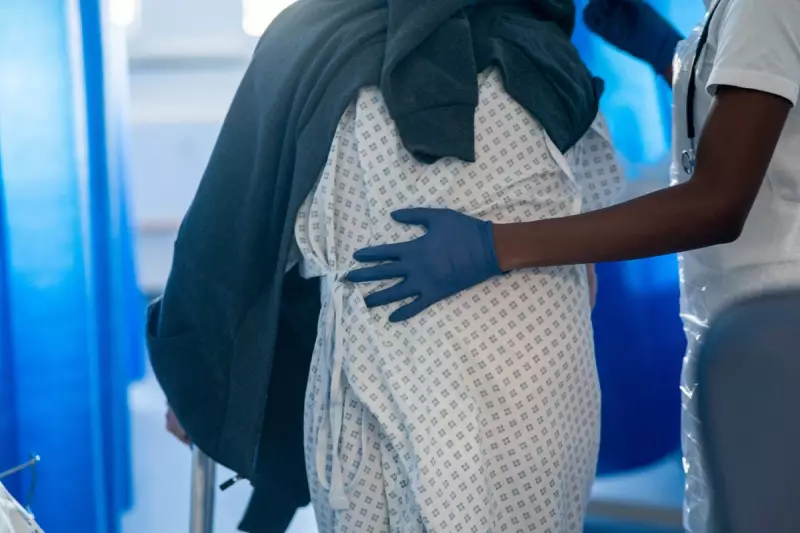
A revolutionary artificial intelligence system is transforming cancer detection within the NHS by identifying undiagnosed cases years before they would typically be found, according to groundbreaking research.
The innovative technology, developed through collaboration between the University of Hull and Cambridge University, analyses routine patient data including medical histories, GP appointments, and prescription patterns to flag individuals who may have undetected cancer.
How the AI Detection System Works
Researchers trained sophisticated algorithms to recognise subtle patterns in electronic health records that might indicate underlying cancers. The system examines factors such as:
- Frequency of GP consultations
- Changes in prescribed medications
- Specific symptom patterns
- Hospital referral history
- Test result anomalies
Early trials have demonstrated remarkable success, with the AI identifying potential cancer cases that had previously gone unnoticed by conventional methods.
Potential to Save Thousands of Lives
Dr. James Carpenter from Macmillan Cancer Support emphasised the breakthrough's significance: "This technology represents a paradigm shift in cancer detection. By identifying cancers earlier, we can dramatically improve survival rates and treatment outcomes."
The research team estimates the system could help diagnose approximately 3,500 additional cancer cases annually across England that currently go undetected until later stages.
Real-World Impact and Future Implementation
Initial pilot programmes have already shown promising results in several NHS trusts. One case involved a patient whose data patterns suggested potential pancreatic cancer – subsequent tests confirmed an early-stage tumour that might otherwise have remained undetected for years.
The universities are now working with NHS England to develop implementation strategies that could see the technology rolled out nationwide within the next two years.
Professor Anna Blackwell, lead researcher from the University of Hull, stated: "We're not replacing clinical judgement but providing doctors with powerful new tools to support earlier diagnosis. This could fundamentally change cancer outcomes for thousands of families."





